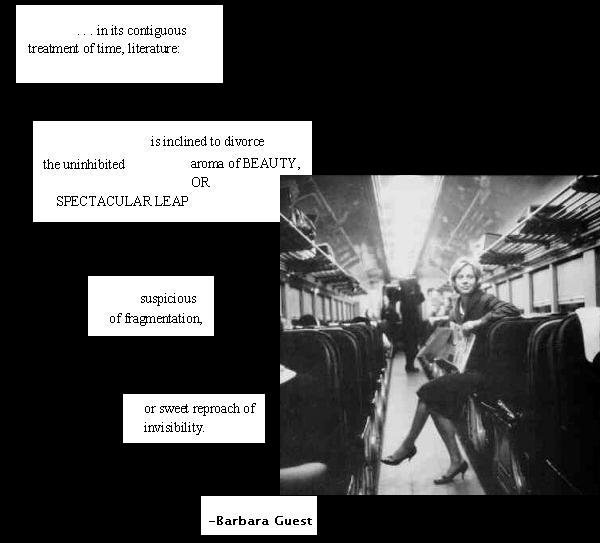Here is a brief excerpt, from a French television show, with some astounding words by Jacques Lacan. He is, it could be said, the representative of the apotheosis of Psychoanalytic theory or neo-Freudian theory (with the possible exception of Luce Irigaray: one of his students). In this short excerpt Lacan talks about psychoanalysis and the so-called "cure," in conjunction with the "power of words."
Church of the Light by Tadao Ando

Thursday, May 17, 2007
Subscribe to:
Post Comments (Atom)


2 comments:
I appreciate the theory YouTubes very much and find them quite helpful (after I get my slug of a computer system up and running) but now let's consider:
Does "theory" supercede" poetics or the other way round? Are they simply the same, or is there a marriage between the two? If so, what are the vows of that marriage? Or, has there perhaps been a divorce, poetics shooting off on some other trajectory, out of the theory's house?
It seems to be a futile effort to divorce the two. "Literary theory" exposed intrinsic values in what Derrida called "the scope of language," or the "prison-house of language." In other words, at some point, poetry, art, music, etc., will try to move beyond said "theory," but the stain of that theory is permanent. Poetics uses the jargon whether they accept the philosopher that the jargon originated from or not. Post-modernism (and certainly these theorists are off that ilk) is and was an extension of Modernism. As Irigaray said "you can't be modern or contemporary until right now." In this way post-modernism is a misnomer, it was not passed Modernism but simply the natural extension of the Modernist views. The same could be said of Shakespeare or Freud: we simply cannot escape the all-pervasive words, texts, and ideas of these creative forces. Dante, Shakespeare, Cervantes, Chaucer, Goethe, etc. created who we are today. Even if you’ve never seen a word of their texts, their texts live and cause perturbations in the Human System. To deny them is either indolence, which is all-pervasive as well, or you are exhibiting a beautiful case of the “anxiety of influence.”
Post a Comment